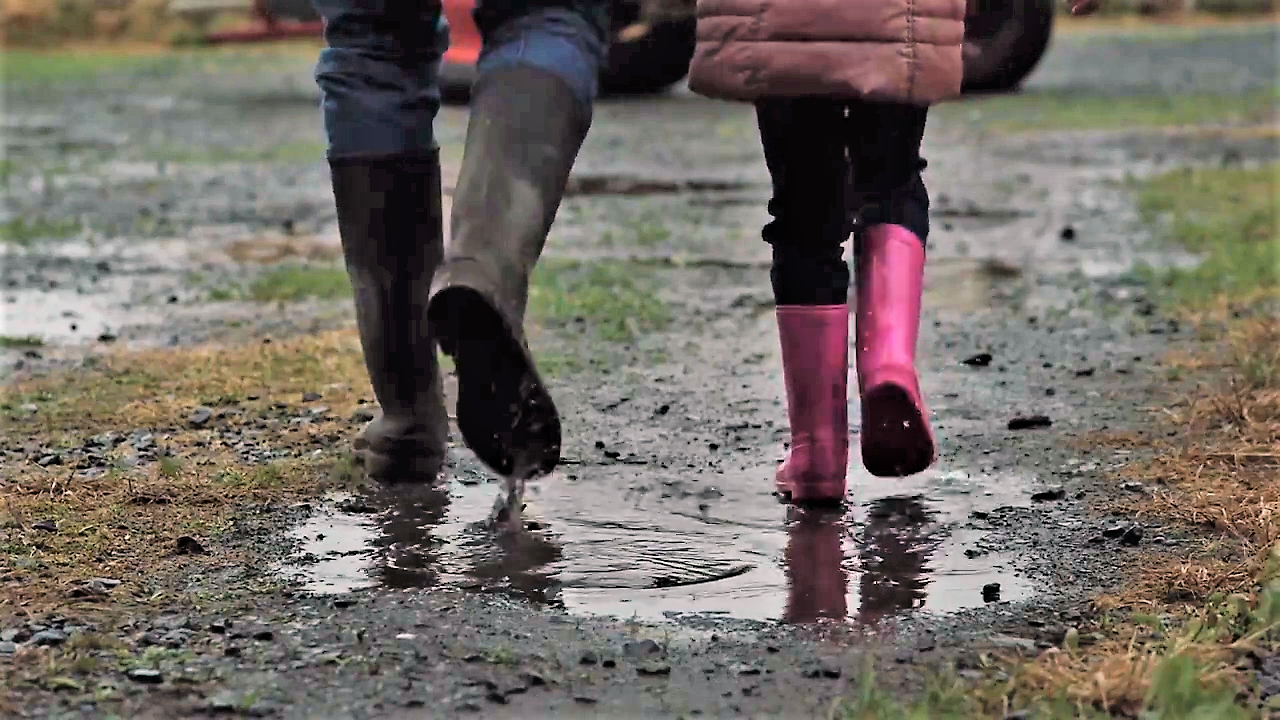Vice president of the National Farmers’ Union of Scotland (NFUS), Andrew Connon, has said the agricultural industry is still “failing to address farm safety adequately”.
Connon’s comments follow his joining of a panel at the Farm Safety Foundation (Yellow Wellies) 10th Anniversary Conference held near Birmingham on the impact of farm accidents and fatalities.
The charity was set up in 2014 by rural insurer NFU Mutual to preserve and protect the physical and mental wellbeing of the next generation of farmers.
Following the conference, Connon said the agricultural industry is “under no illusions” as to how poor its record on safety is.
“While farming makes up 1% of the working population of the UK, it accounts for 16% of all workplace deaths,” he said.
“There are, on average, a further 23,000 reported cases every year of long-term ill health or serious injury within the agricultural industry.
“Hearing these statistics at the conference was extremely alarming whilst listening to their real-life stories of tragedy from some in the room was hard hitting.
“It is apparent that despite making great strides to tackle mental health and wellbeing, as an industry we are still failing to address farm safety adequately. For most the work place also comprises home and there is no doubt that this increases the risk.”
Mental and physical health
From delivering an education programme to award-winning national campaigns – ‘Farm Safety Week’ and ‘Mind Your Head’ – the Farm Safety Foundation continues to challenge and change attitudes to risk taking and poor mental health, the NFUS vice president said.
The foundation ensures the farmers of tomorrow have the skills to live well and farm well whilst also “preserving and protecting their physical and mental wellbeing thereby reducing the number of life changing and life ending injuries”, Connon said.
“There is no doubt that mental health and wellbeing have had considerable coverage and promotion in recent years. The understanding and benefit of asking people twice in a conversation ‘are you okay?’ is increasingly accepted.
“Our own rural charity, RSABI and the recently created Farmstrong Scotland are doing great things in tackling mental health whilst the recent initiative of drop in health huts and blood pressure checks at various marts and the summer shows by RSABI is proving very popular and being an accepted visit for some when attending a mart.
“We check the dip stick on our tractors on a regular basis so, go on, get your blood pressure checked when offered. A lot of individuals have then been referred to their doctor for further examination and medication and thus this initiative is working.”
‘Physical pressures’ have not eased
Connon said a healthier mind should indeed lead to less accidents, but that as an industry the “physical pressures” on farmers and crofters have not eased up.
“Less staff, less time, shorter weather windows and financial pressures are undoubtedly a contributor to accidents on farms, especially on the family farm where labour resources can often be stretched to the limit,” he said.
“However, reasons they may be, but we have to tackle these issues where possible and cannot use them as excuses.
“As regards safety, the foundation offers advice on working at height, working with livestock, machinery, ATVs, overhead wires and slurry systems. Precautions and basic risk assessments really must be taken if we are to improve the situation.”
The use of seat belts in cars and the majority of cyclists now wearing helmets highlights that people can change their habits for the good of safety, Connon stated.
“Basic risk assessments, wearing hard hats when working off the ground, and wearing quad bike helmets are examples of where things need to change for starters. A faulty pto guard should never be deemed acceptable for use on a machine.
“Farm accidents and fatalities have devastating impacts for the victim, but the resultant pressures on family, friends and work colleagues is immense.
“With 32 deaths on UK farms this past year, equivalent to 16% of all UK workplace fatalities there is considerable room for improvement.
“As an industry, we really need to get our heads together with likeminded organisations and ensure that farms and crofts become safer places.”
Connon called for all those in the agricultural industry to make this year’s Farm Safety Week, taking place July 22-26, 2024, the “spring board” for a renewed focus on safety on farms and crofts,
“For the sake of our family and friends, each and every one of us needs to rethink the risk,” he said.

